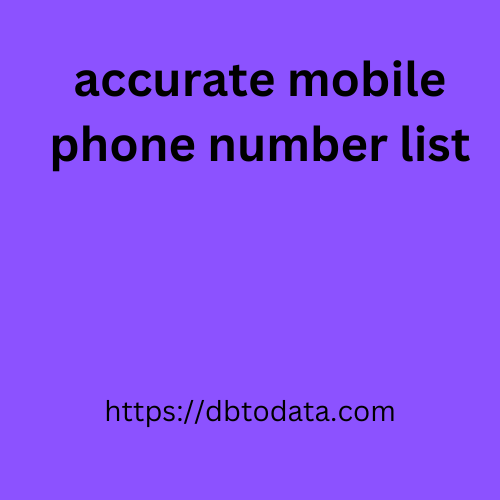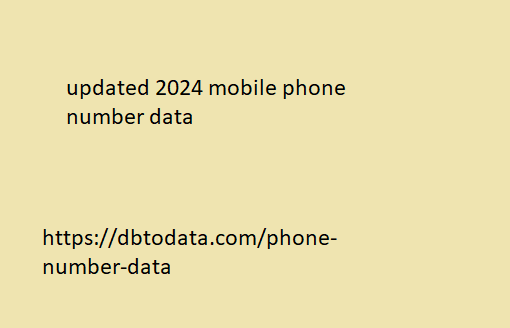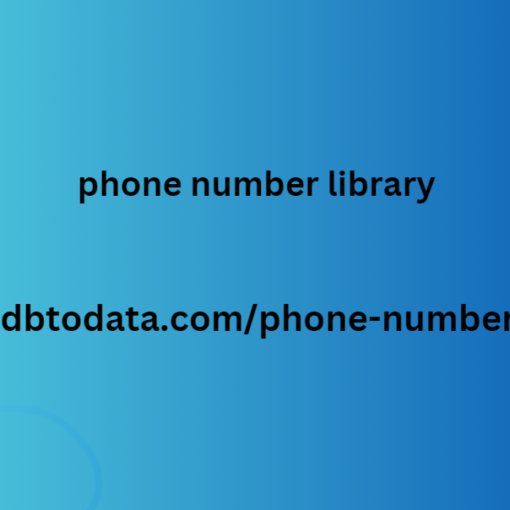You spend your time creating amazing content for the website. However, it may not be performing to your expectations.
This may be a problem with optimization.
Although your posts may bring in a slew of visitors from search engines, these people may leave if the site is too difficult to use or too slow to access.
Here are a handful of tips to help you optimize WordPress hosting to give your guests the best experience possible.
1. Resize Images
It’s always better to resize images perfectly before uploading them into WordPress. Although you can shrink down the display of the image in code, the entire graphic will still have to be rendered by the computer or mobile device. This can be accurate mobile phone number list a slow process which can lead to frustration and annoyance from the visitor.
2. Clean Up Plugins
Using too many plugins can causetasulise sisu avastamine the site to become slow and sluggish. In extreme cases, some plugins can also cause others to malfunction. Even plugins you don’t use can cause issues within WordPress.Look around…you may find a plugin that can do the job of several.
3. Inspect Mobile Element
Inspecting how your website looks on mobile devices can help you determine if people are getting lost on your site. Just because a theme is “responsive” doesn’t mean it appears perfectly on smartphones and tablets.
And delivering a mobile-friendly experience is vital if you want to be successful today.
Accessing your site from mobile devices can also show whether certain things are being displayed in the right positions.
You can simulate a mobile device by using the WordPress Customizer for the theme.
4. Stay Away from Flash
Flash files take a great deal of bulk lead processing power in comparison to HTML 5 and Javascript. The technical issues that happen because of flash are one of the biggest reasons why many developers are moving away from that platform.
Test visual elements thoroughly to make sure they’re not holding the website back.
5. Choose a Good Theme
Some of the most amazing themes you’ve ever seen may be problematic when you want to optimize WordPress. Not all developers use up-to-date coding, which could cause speed issues as well as varied crashes.
Find a theme that is ideal for your site even if you have to sacrifice bells and whistles that may cause problems later on.
6. Enable Caching
When you enable caching, such as using the W3 Total Cache plugin, you’re essentially saving important files temporarily onto the server or a visitors hard drive. This means the site will load up much quicker next time.
Should the visitor return, he or she may have an even better experience as a lot of the data may already be immediately available. It greatly reduces loading.
7. Minimize CSS and JS File Use
Although CSS and JavaScript are amazing things to use when it comes to control, too much can be bad. The more files a visitor’s computer has to render, the longer the site will take to load correctly.
Try to keep these files to a minimum. You can test things like this on platforms like Pingdom’s speed test tool.
8. Clean Up the Database
Many people don’t realize how cluttered a WordPress database can become over time. Eventually, you’ll want to remove all of the unnecessary data in order for the database to perform smoothly.
Plugins like WP-Optimize can help keep those files from taking valuable resources away from your website’s functionality.
9. Structure the Homepage Accordingly
Website owners will often try to cram as much information on the homepage as possible. This can lead to an unprofessional appearance as well as become distracting for visitors.
Keep the homepage structure sleek while offering pertinent information. After all, the majority of your visitors may not even see the homepage.
Wait…9 just simply isn’t enough!
10. Install Security
Installing security measures protects your data while preventing hackers from using your site as a base for spamming others.
From brute force protection to hijacking webpages to steal information, attacks are plentiful on the Internet.





